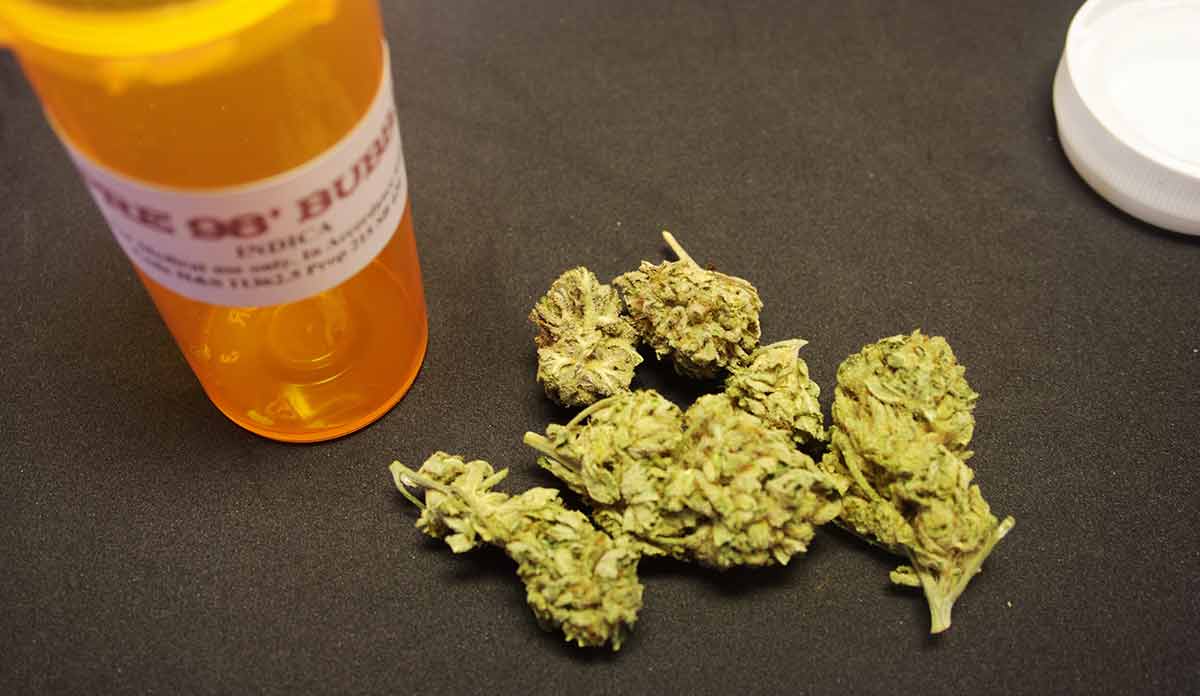I’m open to marijuana legalization, as I know many people are in Massachusetts. But I think it’s very important that if we go down this road we do it right. The decision to legalize marijuana for recreational use (it is already legal in Massachusetts for medical use) involves dozens of complicated policy choices that can have a major impact on public health and safety.
Unfortunately, Question 4 on the November 8th ballot makes many of the wrong choices. This is because this 24 page law was written by the Marijuana Policy Project, a national group that is controlled by the commercial, billion dollar marijuana industry. We have already seen this industry follow the playbook of Big Tobacco in Colorado and Washington by putting their own profits ahead of the health and safety of children and communities.
This ballot question explicitly authorizes the sale and promotion of high potency pot edibles. These products—including gummy bears, lollipops, cookies, cupcakes, sodas, and ice cream—can be difficult to distinguish from regular food products, and are a particular risk to teens, young children, and pets. They are aggressively advertised and marketed by the pot industry in Colorado and Washington, including billboards, social media, and celebrity endorsements. Accidental ingestion has sent children to the emergency room, and overconsumption by adults (due to confusion over potency and serving sizes) has led to numerous psychotic episodes.
This ballot question completely ignores the problem of drugged driving . According to a recent AAA report, the number of fatalities caused by drivers impaired by marijuana has more than doubled in Washington since legalization. There is currently no equivalent of an alcohol breathalyzer test available on the market to detect THC (the psychoactive ingredient in marijuana), and no legal standard for the amount of THC in a person’s blood that constitutes impairment. Thus, it is very difficult for law enforcement to identify and prosecute drugged drivers.
This ballot question takes away control from local communities and homeowners. Unlike our state’s medical marijuana program, cities and towns would be forced to host marijuana grow operations and retail pot shops, unless they go to the trouble and expense of holding a local referendum where a majority of the voters in that municipality would have to vote against allowing the pot industry into their community. There are already more pot shops in Colorado than Starbucks and McDonalds combined . Homeowners would also be allowed to grow their own marijuana, with no enforceable limits, even against the wishes of their neighbors or their community. In Colorado, this has resulted in serious issues with odor, wastewater, crime, lower property values, black market sales, and smuggling across state lines.
The taxes generated from marijuana sales would be consumed by the new costs that come with this industry, including regulation, enforcement, public safety, and public health campaigns. There would be little, if any, money left over to fund schools or roads. In fact, when factoring in the full health and social impacts of widespread marijuana consumption, this ballot question is likely to be a big fiscal loser for the Commonwealth.
The bottom line is that Question 4 is not simply about an adult being able to smoke a joint in his or her own home. This is already the case today since Massachusetts decriminalized marijuana in 2008. Rather, what it is really about is creating a commercial, profit-driven pot industry that will aggressively advertise and promote high potency edibles and other new products that will be particularly appealing to teens and young adults.
Click here to read our first debate between other Massachusetts advocates about whether to legalize marijuana for recreational use.
Featured image by Mark (flickr:eggrole).










